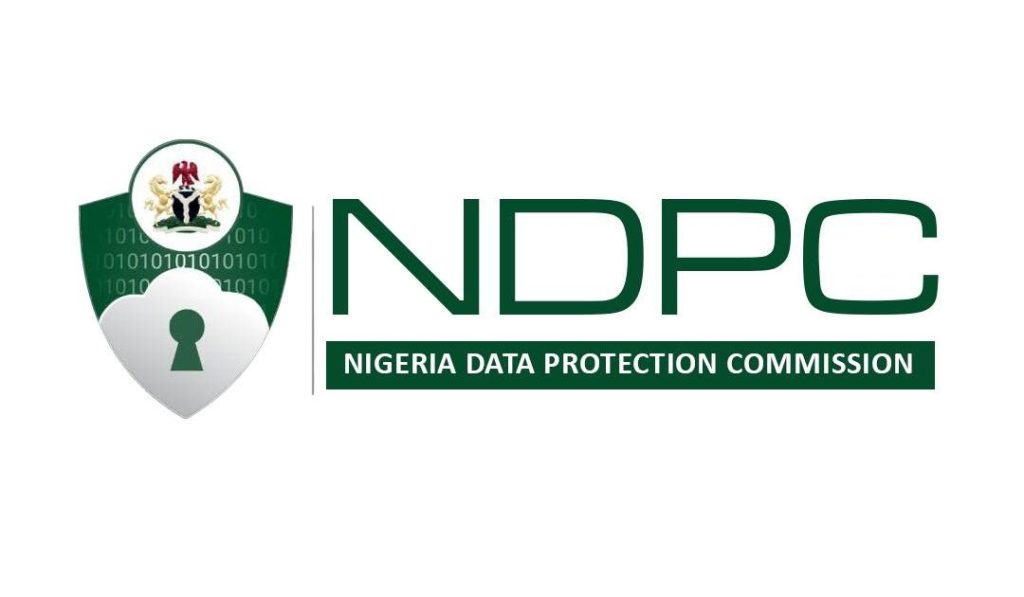Paragraph 1: The Data Breach and NDPC’s Commitment to Dialogue
The Nigeria Data Protection Commission (NDPC) is actively addressing a recent data breach involving Meta Platforms Inc., the parent company of Facebook and Instagram. The NDPC’s approach prioritizes dialogue and collaboration to resolve the issue, seeking amicable solutions rather than escalating the matter unnecessarily. Dr. Vincent Olatunji, CEO and National Commissioner of the NDPC, emphasized the commission’s commitment to partnership and working with Meta to find common ground. This approach contrasts with the more adversarial stance taken by other regulatory bodies and reflects a desire to balance accountability with the continued accessibility of Meta’s platforms in Nigeria.
Paragraph 2: Meta’s Potential Withdrawal and its Impact
Meta has threatened to withdraw its services from Nigeria in response to significant fines and regulatory demands. This potential withdrawal has raised concerns from advocacy groups like Techsocietal, who argue that such a move could severely impact millions of Nigerians who rely on Facebook and Instagram for communication, business, and access to information. Vulnerable communities, in particular, could face significant challenges if these platforms become unavailable. Techsocietal has criticized both Meta and Nigerian regulators, emphasizing the need for a regulatory model that prioritizes inclusion while ensuring accountability.
Paragraph 3: NDPC’s Efforts to Resolve the Issue and Strengthen Data Protection
The NDPC remains optimistic about resolving the dispute with Meta, expressing confidence in finding a mutually acceptable solution. Simultaneously, the commission is taking proactive steps to strengthen data protection capacity in Nigeria. A Memorandum of Understanding (MoU) signed with Mastercard aims to enhance data protection capabilities through training and collaboration. The NDPC is also conducting intensive workshops for Data Protection Officers (DPOs), focusing on Data Protection Impact Assessment (DPIA) to promote a risk-based approach to protecting personal data as mandated by the Nigeria Data Protection Act.
Paragraph 4: Building Capacity and Fostering Collaboration in Data Protection
Recognizing that Nigeria’s data protection ecosystem is still in its developmental stages, the NDPC has set an ambitious target of training 250,000 certified DPOs annually. The partnership with Mastercard plays a crucial role in achieving this goal, contributing to the development of human capital essential for effective data protection regulation. The NDPC emphasizes the importance of collaboration and knowledge-sharing to build trust in the digital economy and ensure robust data protection practices within organizations. Mastercard echoes this sentiment, highlighting the value of collaboration in strengthening trust and fostering a secure digital environment.
Paragraph 5: Techsocietal’s Advocacy for a Balanced Approach
Techsocietal has expressed concerns that the ongoing dispute between Meta and Nigerian regulators could disproportionately affect small businesses, activists, and vulnerable communities who heavily rely on Facebook and Instagram. They argue that digital access is a fundamental right and that any regulatory actions should prioritize these users. The advocacy group has called for greater transparency from both Meta and Nigerian regulators, urging a more collaborative approach that considers the potential consequences for Nigerian citizens. They advocate for a "people-first" regulatory model that balances accountability with inclusivity, ensuring that millions of Nigerians are not cut off from vital digital spaces.
Paragraph 6: Examining Meta’s Commitment to African Markets
Techsocietal also questions Meta’s long-term commitment to African markets, suggesting that the company may view Nigeria as expendable given the current economic challenges and lower ad revenues in the region. They have called for a more equitable relationship between Meta and African countries, one where rights, revenues, and responsibilities are shared fairly without jeopardizing access for vulnerable populations. The group emphasizes the need for a balanced approach that holds Meta accountable while ensuring continued access to crucial digital platforms for the millions of Nigerians who depend on them. This approach requires careful consideration of the potential socio-economic consequences of regulatory decisions and a commitment to protecting the digital rights of all stakeholders.


